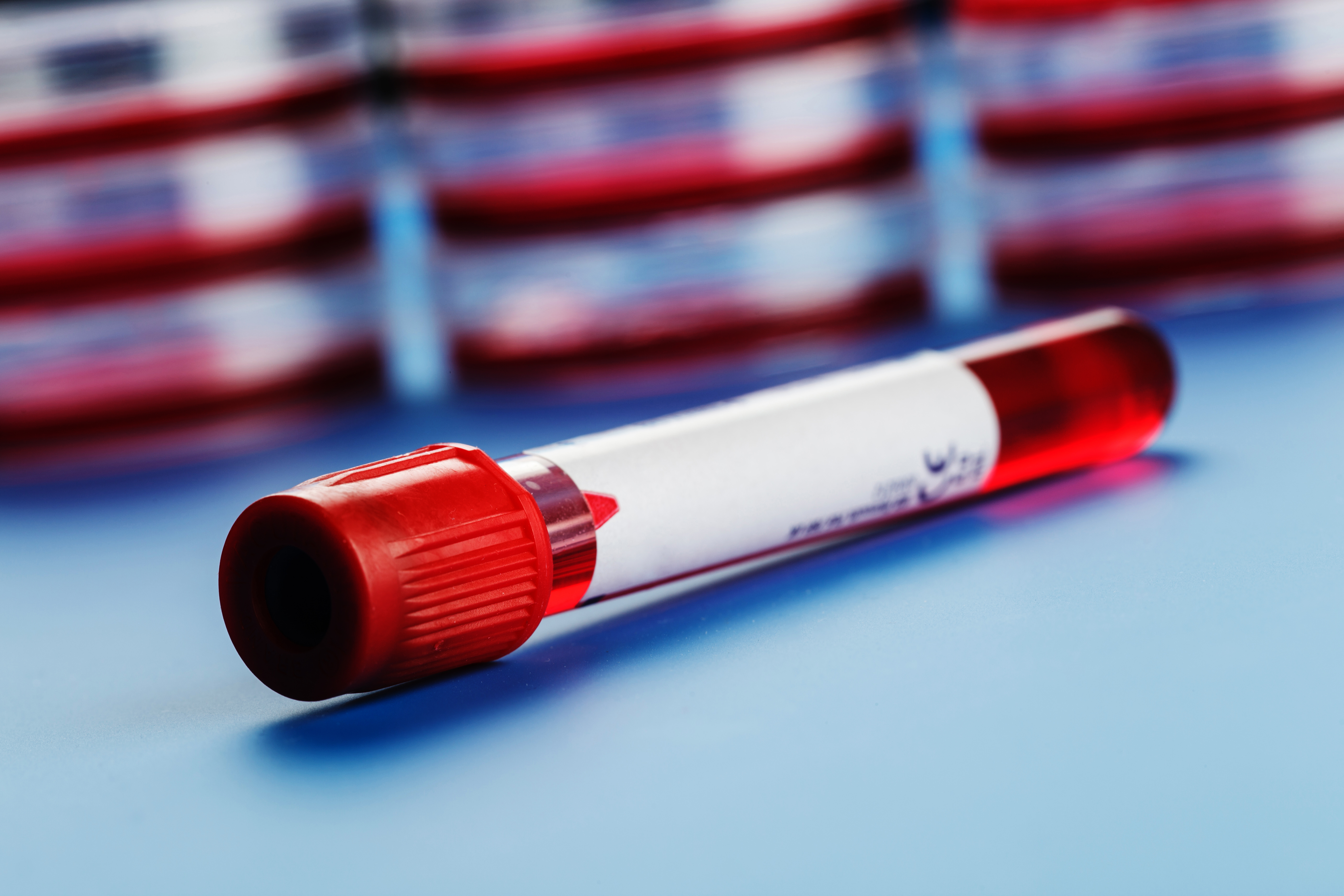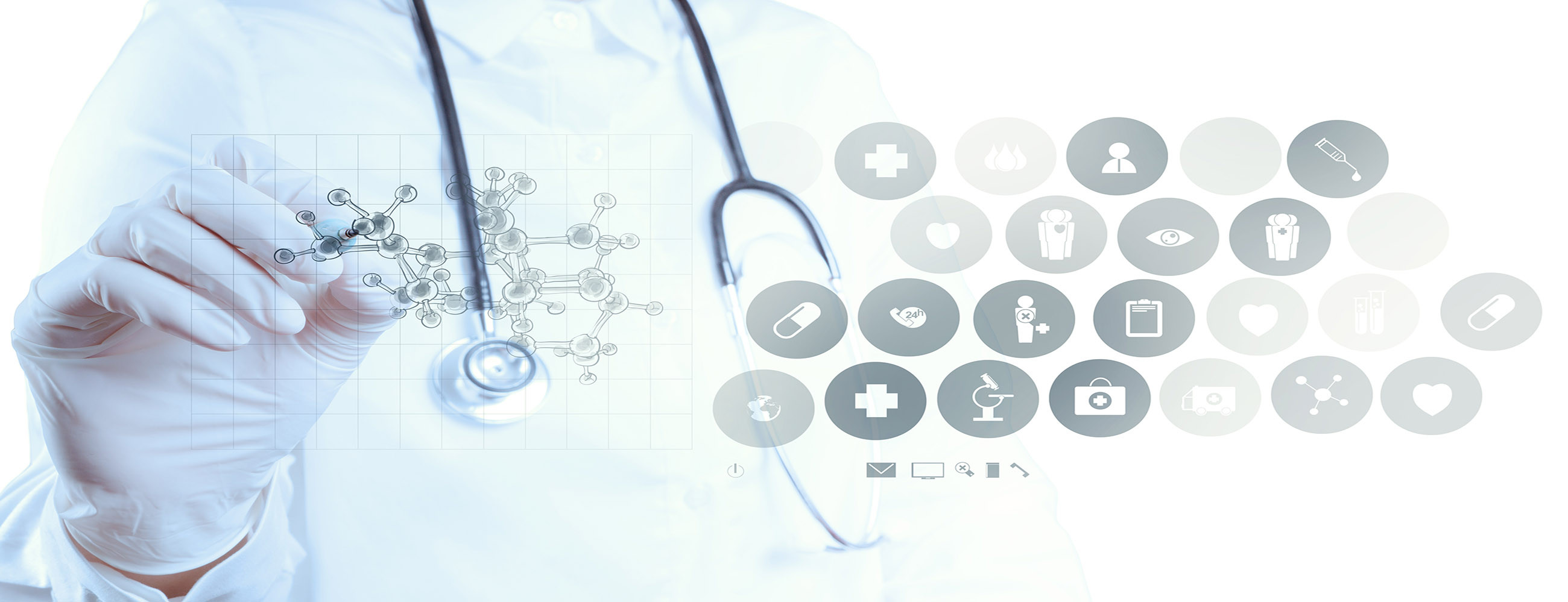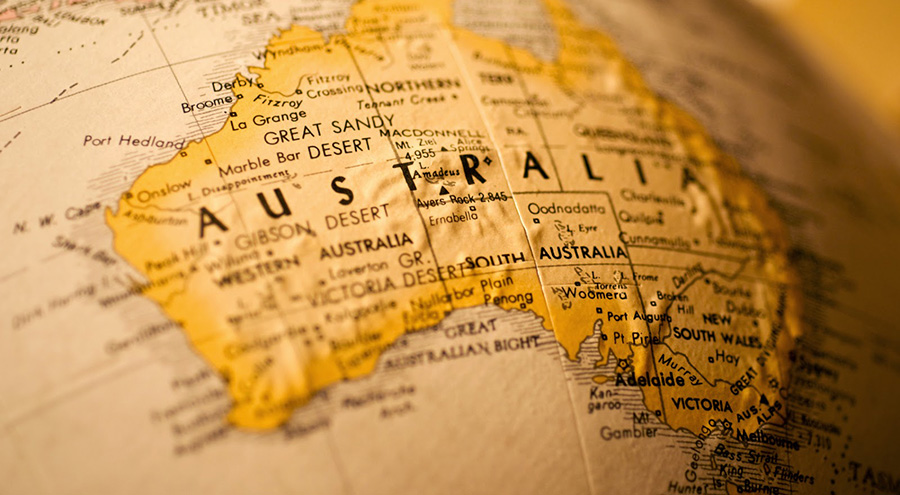Research Australia has a made a comprehensive submission to the consultation on the new MRFF Priorities 2018-2020.
Working with our broad membership, Research Australia’s approach was to start with the Strategic Platforms and examine every Priority and all the existing and proposed funding programs. We looked at how well they were aligned, where the gaps were, and what wasn’t working. Research Australia gratefully acknowledges the contribution made by our members through discussions and the exchange of ideas and proposals.
Research Australia proposes that four Priorities be retained in their current form and that a further seven be retained but amended. We also propose five existing Priorities be discontinued and six new Priorities created. Research Australia’s response to the consultation is available here.
With the consultation period now completed, the next stage rests with the MRFF Advisory Board which is responsible for developing and issuing the next Priorities. We wish the Board well with this important task and look forward to seeing the new MRFF Priorities towards the end of 2018.










